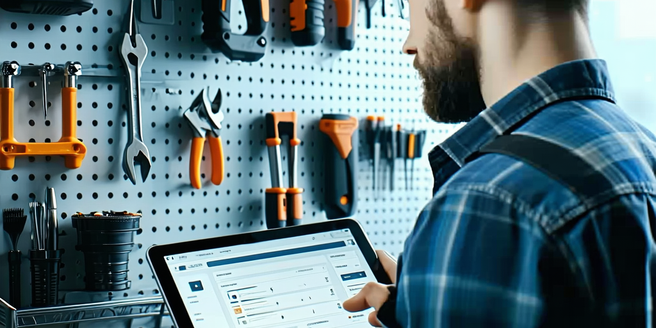Low-cost Property Maintenance

Understanding Budget-Friendly Maintenance Strategies
When managing properties, it’s vital to adopt strategies that keep expenses low without sacrificing quality. Begin by implementing a routine inspection plan to catch minor issues before they escalate. Establish strong communication with tenants to quickly address any concerns they may have. Regular feedback from tenants can also lead to improvements that may not have been initially considered. Utilize energy-efficient solutions like LED lighting and smart thermostats to reduce utility bills. Consider bulk purchasing of essential supplies, as buying in larger quantities often results in significant savings. Lastly, negotiating long-term contracts with vendors can lock in favorable rates. By staying proactive and informed about cost-effective practices, property managers can maintain a fine balance between quality and budget constraints, ensuring the property remains in excellent condition over time.
Essential Tools and Supplies for Cost-Effective Repairs
Equipping your toolkit with the right tools and supplies is fundamental for budget-conscious property maintenance. Essential items include a good quality set of screwdrivers, a durable hammer, and a versatile wrench set. Consider adding pliers, tape measures, and a cordless drill to your collection. Don’t forget to periodically check and replace any broken or worn-out tools. Stock up on repair staples like adhesive, sealant, and various hardware such as nails and screws. For plumbing tasks, a pipe wrench and plumber’s tape are invaluable. Ensure you have safety gear like gloves and goggles to prevent injuries. Investing in these tools and supplies not only facilitates DIY repairs but also reduces reliance on professional services, promoting long-term savings.
DIY vs. Hiring Professionals: Finding the Right Balance
Deciding between DIY projects and hiring professionals involves assessing the complexity and potential impact of the job. Simple tasks such as painting, basic carpentry, or fixture replacement can often be completed successfully by property owners, ensuring cost savings. On top of that, completing these tasks yourself can provide a sense of accomplishment and personal satisfaction. Additionally, DIY projects can be a great way to learn new skills and gain confidence in handling various tasks. However, for specialized areas like electrical work or major plumbing repairs, hiring experienced professionals is advisable to avoid costly mistakes. Weighing the risks and benefits, property managers should focus on projects that match their skill levels while leaving more intricate or potentially hazardous tasks to the experts. This approach balances cost-effectiveness with safety and quality outcomes.
Seasonal Maintenance Tips to Save Money
Seasonal maintenance is key in preventing expensive repairs linked to unpredictable weather changes. In spring, clear gutters and inspect roofs for winter damage. During summer, service air conditioning units to improve efficiency. Regular maintenance can also enhance the energy efficiency of your home. Autumn is ideal for sealing drafts around windows and doors, keeping heating costs in check. Ensure that fallen leaves are cleared away from gutters to prevent blockages. In winter, insulate pipes to prevent freezing and bursting. Conduct regular outdoor inspections to identify potential issues early. By following a seasonal checklist, you’ll address problems before they become costly emergencies, extending the lifespan of property features and ensuring a safe living environment.
How Preventive Care Reduces Long-Term Costs
Investing in preventive maintenance can dramatically cut long-term expenses by addressing potential issues before they become problematic. Regularly inspecting HVAC systems and plumbing prevents breakdowns that lead to costly repairs. Scheduled maintenance for appliances extends their life and ensures efficient operation. Moreover, well-maintained properties are more attractive to potential buyers or tenants. Additionally, maintaining the exterior of a property helps avoid damage from weather and pests. Property owners who prioritize these tasks often find themselves reaping the benefits in the long run. Keeping up with routine tasks such as cleaning and minor repairs ensures that property conditions do not deteriorate over time. Ultimately, consistent preventive care optimizes performance and reliability, resulting in financial savings and enhanced property value.